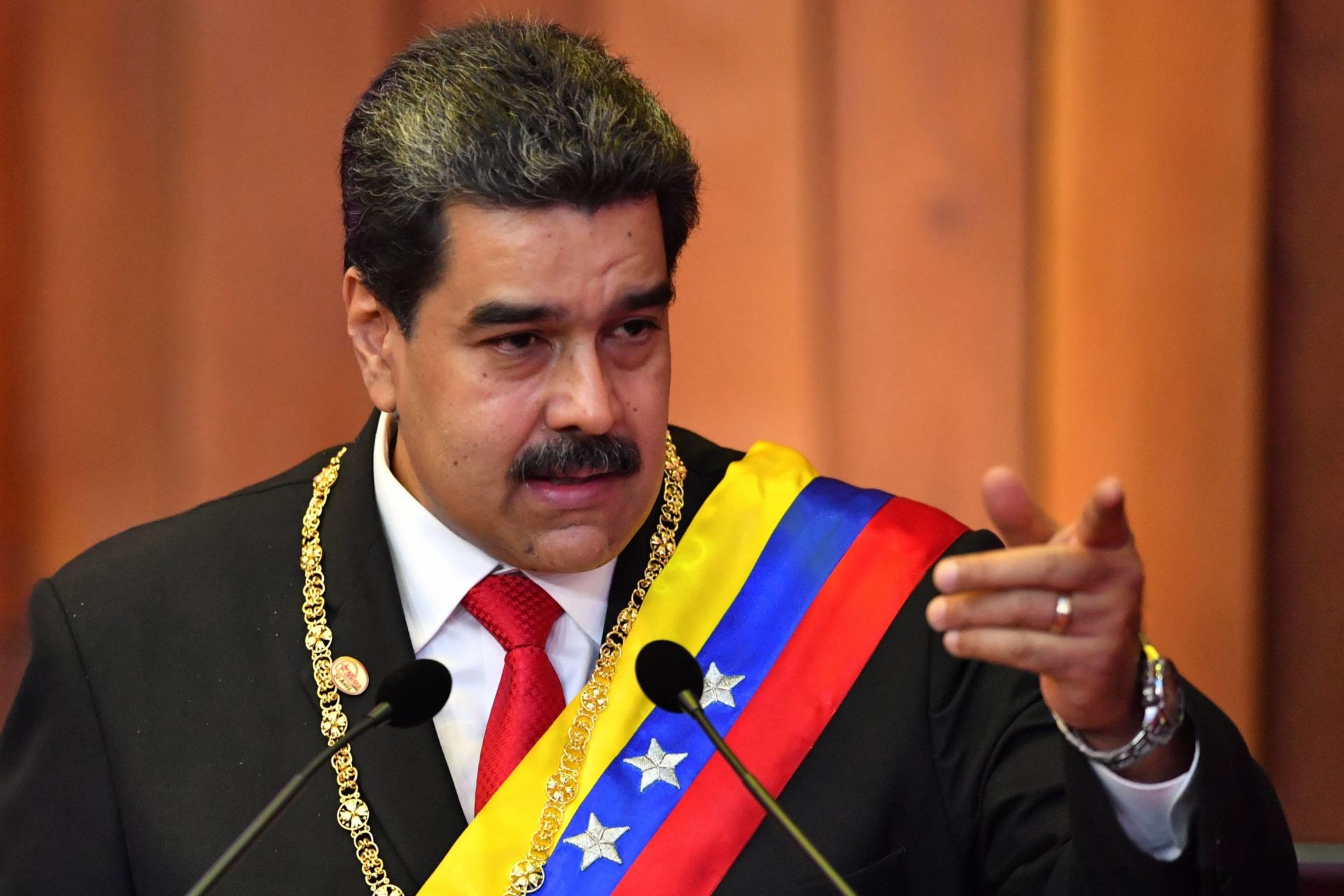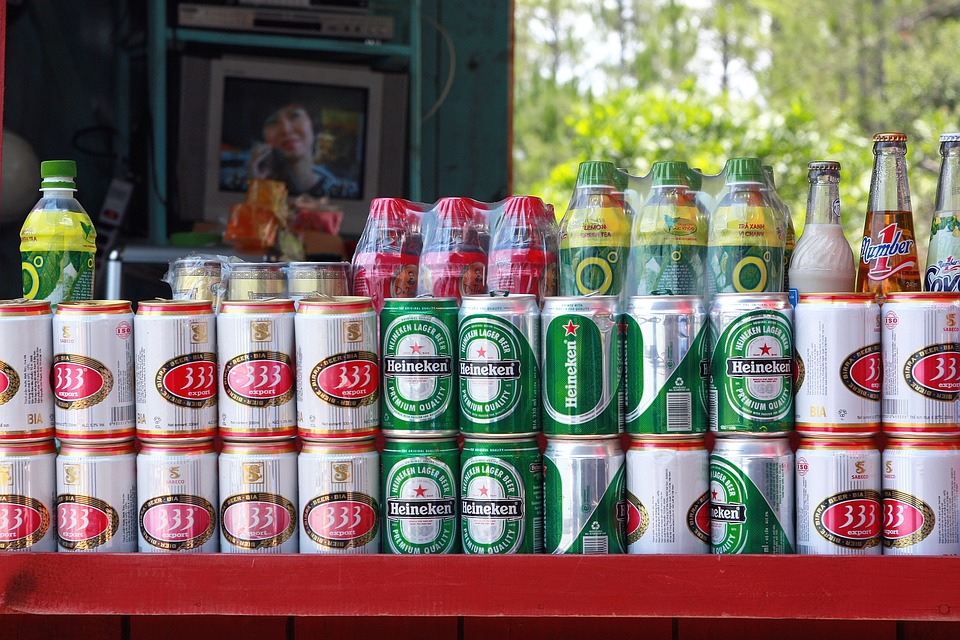Maduro “tries” to heal Venezuela’s economy: He announces Petro-backed funds and public spending, increases in minimum wage and more local autonomy. He tries but will he make any difference? Venezuela has been suffering now for years and its economy has collapsed. The convergence of political, economic, and social issues in Venezuela have caused one of the biggest human rights crises in the history of Latin America.
Yet the Venezuelan government has just announced measures to recover the nation’s economic state, including a rise in wages, new resources for local states’ administrative divisions as well as social measures for healthcare, education and public transport.
Related topics: Amazon Synod | Colombia’s Peace Process | The Example of Venezuela
During a broadcasted meeting, held on October 16, Venezuelan President Nicolas Maduro communicated that he is going to create several governmental funds denominated in the Petro cryptocurrency, hoping to use it for international transactions to offset the block imposed by the US.
https://www.youtube.com/watch?v=ZZ4AFlxeNTs&feature=youtu.be
“I am assigning 1 million bimonthly Petros as of November to all the states and the protectorates as an investment modality for their free use in the attention of their priorities. In concrete terms, this means that we are assigning between 1,354,000 and 3,249,600 euros to governors and protectorates”, Maduro said.
Maduro also declared the creation of various Petro funds for agricultural and industrial developments, as well as for telecommunication and infrastructure sectors. These funds will be mainly used for acquiring supplies and raw materials since traditional methods are unavailable due to the blockage of Venezuela’s account.
Moreover, hundreds of millions of euros are allocated for the repair of electricity and water supply infrastructure, to boost land production for the upcoming sowing season, to support communal cooperatives and to the CLAP (Local Supply and Production Committees ) food program, which according to government sources benefits 6 million Venezuelan families and was heavily hit by US sanctions.
The resources will be managed directly by Venezuela’s 23 governorships and the Caracas municipality – in the four states governed by the opposition, the resources will be handled by a government-appointed “protector”. In addition – drawing on the world’s second-highest gold reserves – every state is being assigned a gold mine to be employed as a direct source of income for regional budgets without going through Caracas.
Maduro urged governors to improve production at the local level by striking alliances with popular economy or private sector actors and driving away any feeling of government hostility towards private businessmen. “We need to be on top of the regional economy, the engines of the economy exist at the regional level and we need to boost them,” he said.
The government also raised the minimum wage by 275% on Monday. The new minimum wage was set at 150,000 sovereign bolivars (BsS), around $7.5 at the current exchange rate (BsS is now selling at 0,00005 USD), up from 40,000 BsS. The measure follows the previous adjustment of May – when salaries were brought up from 18,000 BsS – and applies retroactively to the month of October. Public sector pay scales, pensions and food bonus have been increased by a similar factor.
Venezuelan wages have been severely eroded by inflation and hyperinflation amid the country’s crisis. In recent months, the government has opted to tackle the inflationary spiral by liberalizing exchange controls, reducing the number of bolivars in circulation and holding back on salary increases. Analysts credit these measures for the slowdown of inflation in 2019, though identify a side effect in a severe contraction of aggregate demand generated by the loss of purchasing power.
According to the finance committee of the opposition-controlled National Assembly, prices rose by 23.5% last month (the lowest month-on-month inflation since March), leading accumulated inflation in the past 12 months to 50,100%. The figure marks a steep decline from August, which saw inflation registered at 65,2%. Venezuela had previously suffered 16 consecutive months of hyperinflation (above the 50% threshold).
The announcement followed news of Venezuela developing a payment method based on Bitcoin. It is also speculated that the country holds an undisclosed amount of Bitcoin and Ethereum as international reserves as insurance against the impact of new US sanctions.
Whether all this can make any difference remains to be seen. But there is no doubt that Maduro has been playing the populist tune, bringing it to an extreme, including reliance on cryptocurrencies.










